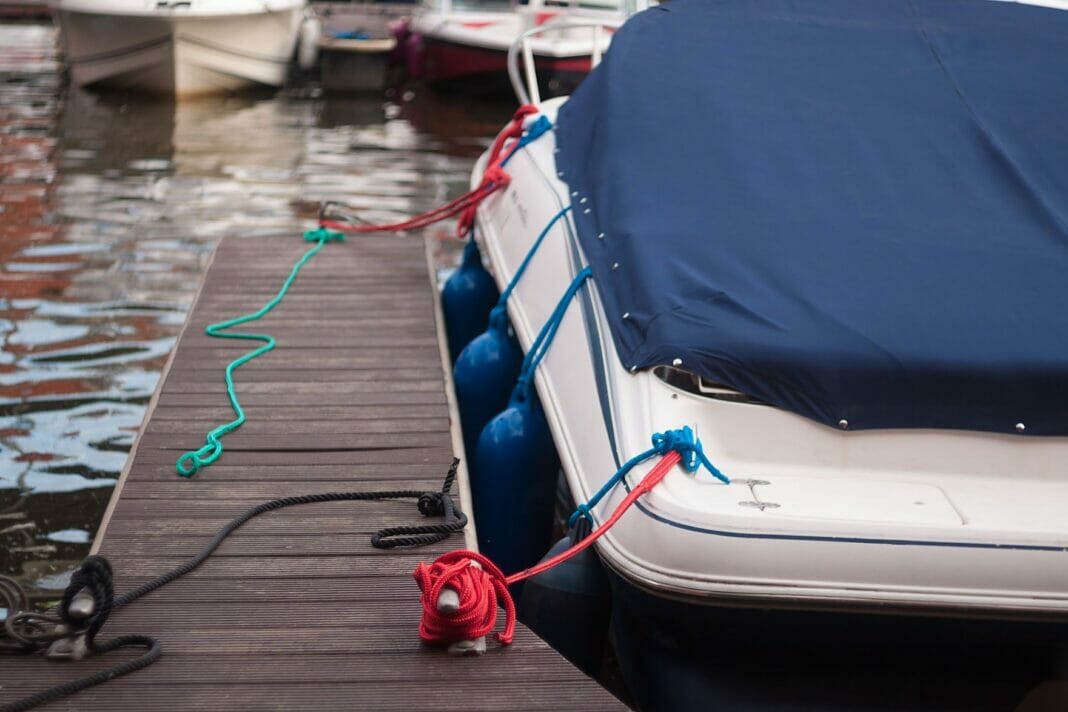In regions prone to hurricanes, boat owners must be prepared to protect their vessels from storm damage. As hurricane season approaches, it is crucial to adopt preventive measures that minimize potential destruction. This article will detail key steps for securing boats, as well as contingencies in case evacuation or ride-out becomes necessary.
The Importance of a Hurricane Preparedness Plan
A hurricane preparedness plan is vital for boat owners, as it outlines the necessary actions to secure and protect vessels in advance. Should a storm threaten the area, the pre-planned steps to undertake ensure efficient time and resource management. A well-made plan reduces vulnerability to damages, prevents losses, and possibly saves lives.
Key Elements of a Solid Hurricane Preparedness Plan
Choosing the Right Location
Ideally, boats should be stored on dry land in hurricane-proof structures, like steel-reinforced concrete buildings. Storing a boat on a properly designed and constructed lifting structure is a good alternative. For those who use marinas, docks, or home berths, it is essential to determine the fundamental elements that constitute safe havens during hurricanes.
Factors to consider for a safe harbor include:
- Shelter from wind and waves
- No exposure to open water
- A minimal storm surge effect
- Availability of well-maintained mooring points
Pre-Storm Boat Preparation
After selecting a safe location, boat owners should perform the following preparations:
- Remove all loose items from the vessel, including sails, canvas, and cushions.
- Secure hatches, ports, and doors to minimize water ingress.
- Seal exhaust ports and air intakes.
- Keep the bilge clean and ensure bilge pumps are operational.
- Check batteries to maintain a charge.
- Remove valuable electronics, personal belongings, or important documents.
Mooring and Docking Strategies
Proper moorings or dock lines are critical to ensuring a boat’s safety during a storm. Review the following guidelines when securing your vessel:
Mooring
- Use mooring lines of different lengths for multiple attachment points.
- Incorporate a swivel in the mooring chain to reduce strain on the boat’s chain plate or cleat.
- Use chafe protection on lines passing through chocks or chain plates.
- Check mooring anchors to ensure they are securely set.
Docking
- Use spring lines to minimize fore and aft movement.
- Position fenders to keep the boat off the dock.
- Attach lines to secure points, like pilings or cleats.
- Regularly check docking facilities for structural issues.
Prepare to Evacuate or Ride Out the Storm
Depending on the severity of the hurricane, it may become necessary to evacuate or ride out the storm. Determine whether or not evacuation is possible and have a plan in place for it:
- Plan a safe evacuation route for your vessel.
- Identify safe harbors and marinas along your route.
- Leave early, well before the hurricane approaches.
If riding out the storm on your boat:
- Ensure that your vessel is well stocked with emergency supplies, including food, water, medical supplies, flashlights, and life jackets.
- Keep a VHF radio with an emergency channel ready.
- Monitor weather updates and evacuation orders.
Post-Storm Recovery
After the storm has passed, it is essential to assess the damage sustained by the vessel. Conduct a thorough inspection to look for wear, tear or strain on lines, signs of water ingress, and other issues.
Insurance Coverage
It is crucial to carry comprehensive insurance coverage for your vessel. Ensure that your policy covers possible hurricane damage and ascertain what pre-storm measures are required for claim submission.
Hurricanes can cause extensive damage to boats and boats left unsecured pose an even greater risk to themselves and nearby vessels. A well-prepared boat owner will increase their odds of avoiding significant loss through a comprehensive hurricane preparedness plan. By prioritizing safety and taking the necessary precautions, boat owners can face hurricane season with confidence.


